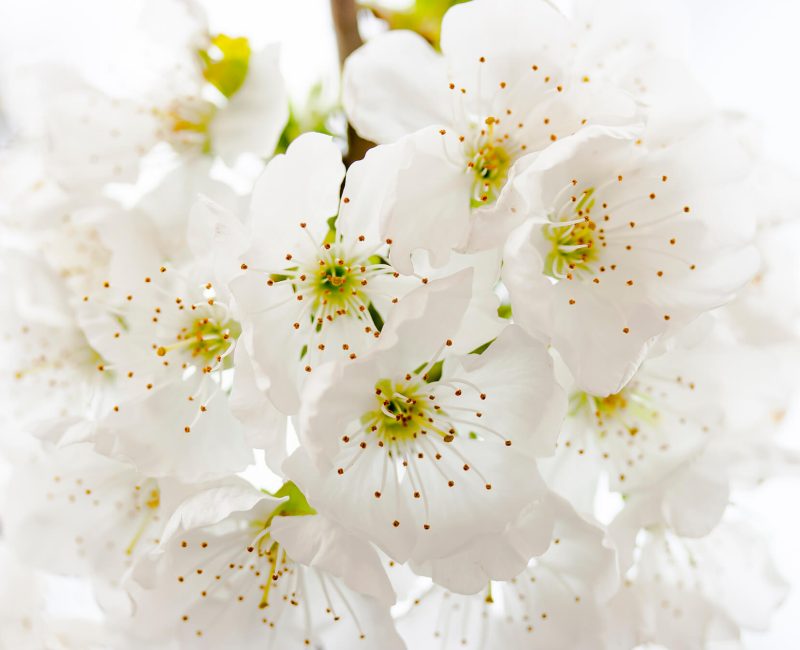You are probably familiar with bee pollen but do you know about flower pollen? Bee pollen is collected by bees from flowering plants but is not standardized. Flower pollen contains pollen from specific plants and the end product is standardized meaning it contains the same amount of active ingredients in each batch. Flower pollen is derived from extracts of rye grass pollen and other pollens. Research indicates flower pollen may be beneficial in treating prostatitis, enlarged prostate (BPH) and chronic pelvic pain syndrome.
Flower pollen has been used in Europe for over 35 years to manage symptoms of prostatitis and BPH. In a double-blind study published in the British Journal of Urology, researchers gave 53 men with prostate problems either 252mg of flower pollen extract or a placebo for 6 months. At the end of the study it was found that men got an average of 85% improvement in their symptoms. They also found the following improvements:
Urinary flow increased by 71%
Urgency reduced by 76%
Bladder emptying increased by 66%
Frequency reduced by 60%
What is really interesting is that flower pollen may be beneficial for other health issues. Flower pollen can help with allergies, may inhibit the growth of prostate cancer cells, has anti-inflammatory properties, can protect the liver against alcohol damage, can protect and heal the lungs, may relieve the symptoms of urinary tract infections, and even reduce the symptoms of hot flashes and other menopausal symptoms in women.
For prostate support, also consider saw palmetto, pygeum, stinging nettles and zinc.
The Flower Pollen we recommend is ProstaPollen by Life Extension. Each softgel provides 378mg of Graminex® Flower Pollen extract. Please see a Natural Living Associate for assistance.



